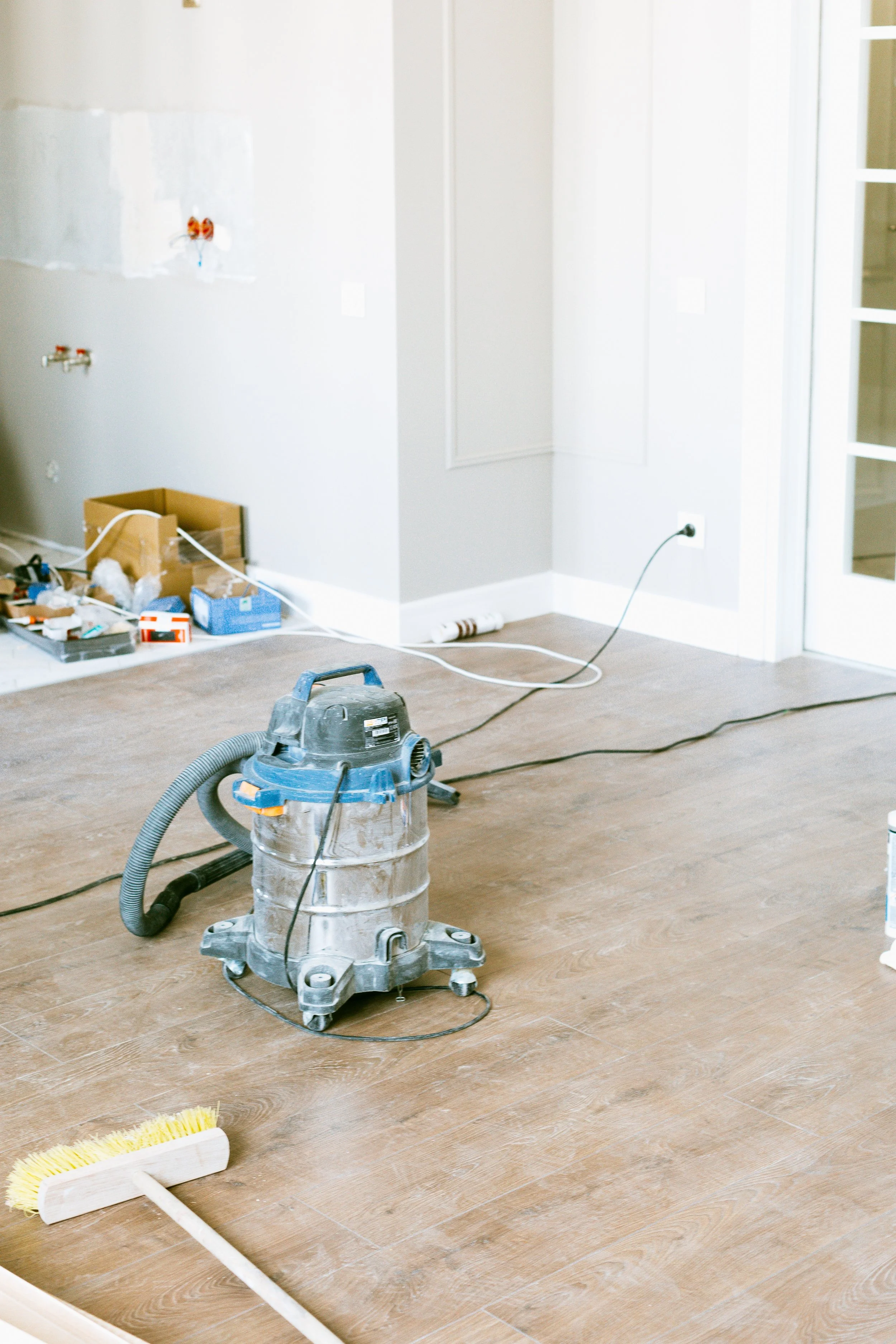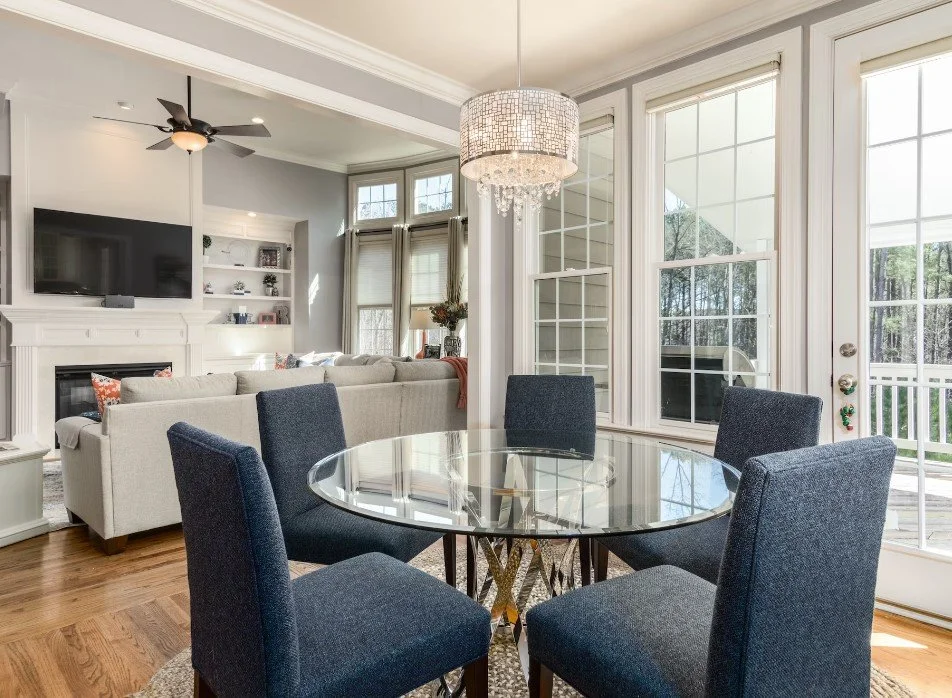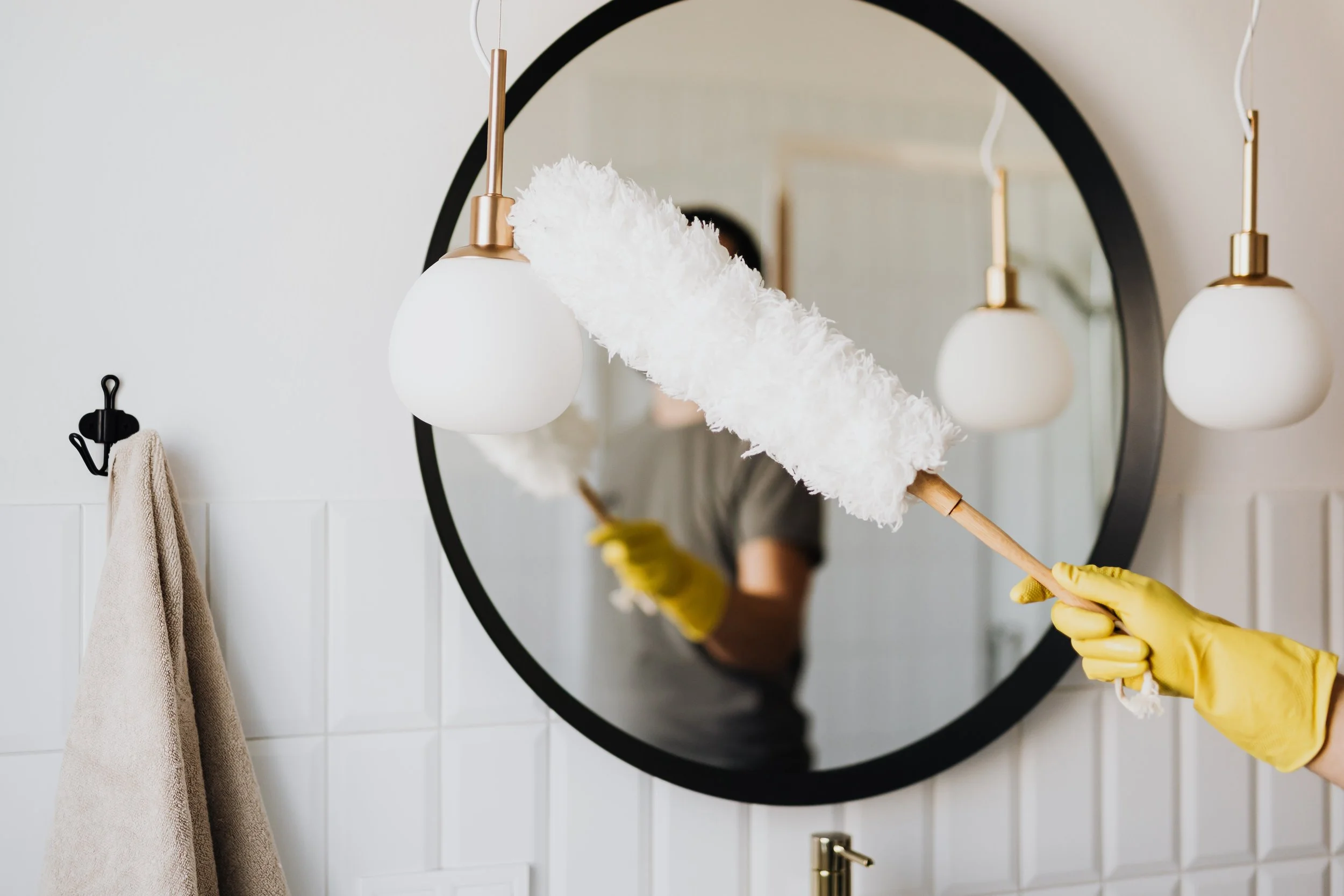Common Home Maintenance Blunders to Avoid at All Costs
RH Business Marketing Solutions
Ensuring the proper upkeep of your home is a fundamental duty for every homeowner. However, failing to do so or making avoidable mistakes can lead to significant costs, making this task more challenging. Those who are informed about these common pitfalls often find home maintenance a more manageable process. Therefore, you must know what to avoid. Keeping that in view, this article talks about typical home maintenance blunders that should be avoided at all costs.
Skipping Roof Inspections
Your home's safeguard largely relies on the integrity of its roof, but it's a facet that often escapes our attention until issues surface. Failing to schedule routine checks and upkeep can lead to leaks and the subsequent havoc of water damage. Over the years, the natural elements, such as rain, wind, and UV exposure, take their toll on the roof, causing shingle wear and, potentially, structural problems. Regular roof inspections are the key to detecting issues early on, enabling you to make necessary repairs before they escalate into major crises. Neglecting this aspect of home maintenance can lead to costly roof replacements or extensive interior damage.
Not Sealing Gaps and Cracks
Gaps and cracks in your home's exterior, windows, and doors may appear inconsequential, but they have a considerable impact on your home's energy efficiency and security. These openings can result in drafts and moisture infiltration, which may increase the costs associated with cooling or heating. Furthermore, they may give rise to pests' growth in these spaces. Proper insulation and sealing are fundamental to maintaining a comfortable, cost-effective, and pest-free home. Failing to seal these gaps can lead to higher utility bills, reduced comfort, and a heightened risk of pest infestations.
Neglecting HVAC Maintenance
In a region with extreme temperature variations such as Texas, for example, maintaining your HVAC system is crucial for a comfortable and efficient home. Whether you are using HVAC in Amarillo or anywhere else, there are potential mistakes that must be avoided. Neglecting HVAC maintenance is one of these significant pitfalls. Proper and regular maintenance of your heating, ventilation, and air conditioning (HVAC) system is a crucial practice that significantly impacts both the efficiency of your system and its overall longevity. Failure to uphold this essential responsibility can have far-reaching consequences, including increased energy bills and the specter of unexpected system breakdowns.
Overloading Electrical Circuits
Exceeding the electrical load on circuits is a perilous error that can lead to potentially grave outcomes. People tend to overcrowd a single outlet by plugging in an abundance of devices. This can overheat the wiring, posing the risk of electrical fires. Properly distributing electrical loads, avoiding the chaining of power strips and extension cords, and ensuring that your electrical system complies with safety codes are crucial measures to avert dangerous situations. Neglecting this aspect of home maintenance can lead to electrical emergencies that can endanger your property and your family's safety.
Neglecting Water Leaks
Neglecting water leaks, regardless of their size or source – be it from plumbing, the roof, or even a minor dripping faucet, can set the stage for a host of escalating problems over time. These issues extend from insidious structural damage and the onset of rot to the unrelenting growth of mold. The removal of mold can be not only a costly endeavor but also a potential health hazard, as mold spores can circulate in the air, leading to respiratory issues and allergies. Ignoring water leaks is a blunder that could have dire consequences, both for the condition of your home and your overall well-being. Addressing leaks promptly and getting to the root of their sources is imperative to shield your home from spiraling repair costs and to maintain the structural integrity of your residence.
Conclusion
Now, you may realize the common mistakes that you are making when it comes to maintaining your home. Avoiding these mistakes is essential to safeguard the property's value and your family’s well-being. Neglecting HVAC maintenance, roof inspections, gaps, electrical circuits, and water leaks are some major ones. Being aware of these pitfalls and addressing them promptly is crucial for maintaining a safe and valuable home. So, prioritize home maintenance and plan efficiently.
Guest Contributor: Stephanie Snyder










